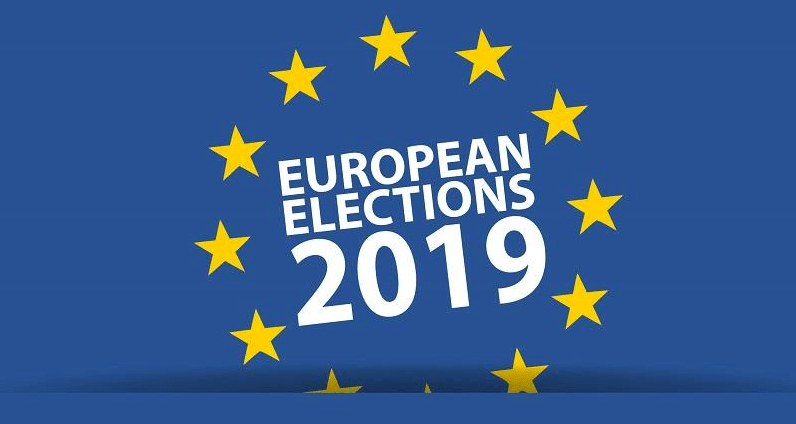Europeans are heading to the polls now in one of the world’s largest and most complicated democratic experiments. Moreover, these European elections are probably the most consequential we have seen since Europeans started voting directly for members of the European Parliament in 1979. This is a good opportunity to think hard about how Europeans are represented, how they make their decisions about voting, and what kind of Europe is on offer. Three recent books suggest new and important lines of argument. Christina Schneider shows that much of the responsiveness of Europe to the voters actually takes place through the Council of the European Union; Jennifer Fitzgerald reveals how votes on the extremes are more likely to be local than national, even if they have an anti-European tinge to them; and Sergio Fabbrini argues that many of the tensions we see surrounding the European project could be resolved if we just changed the way we think about constitutional federalism. These arguments are challenging and sophisticated in ways that much of the commentary that surrounds the European elections tends not to be; they are also counterintuitive. Now that everyone is focused on Europe, it is a good time for some well-grounded, lateral thinking.
Continue reading →


